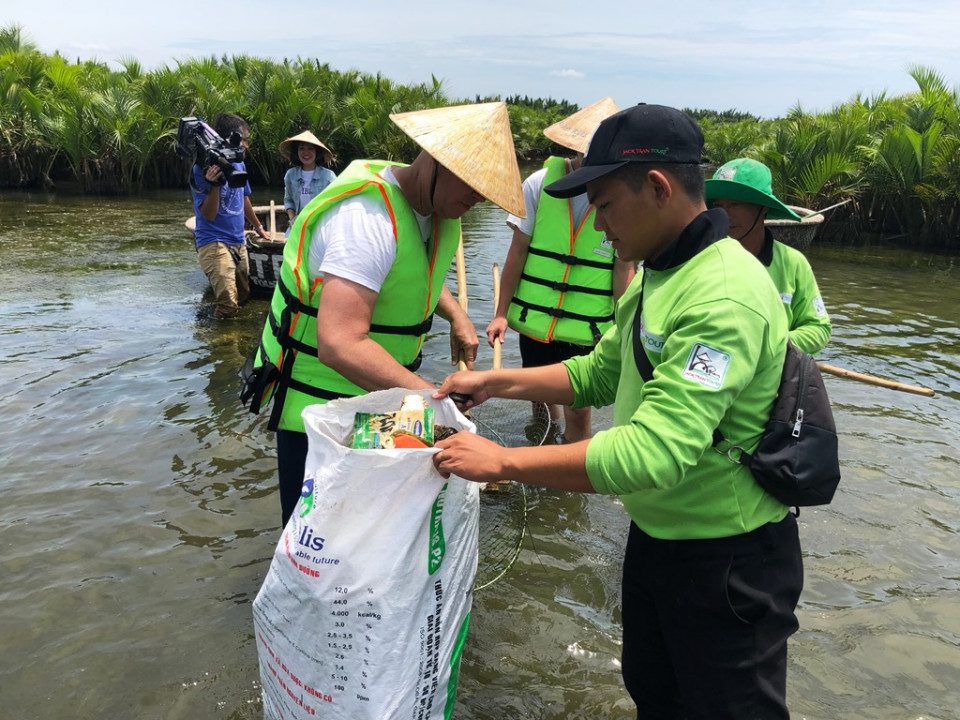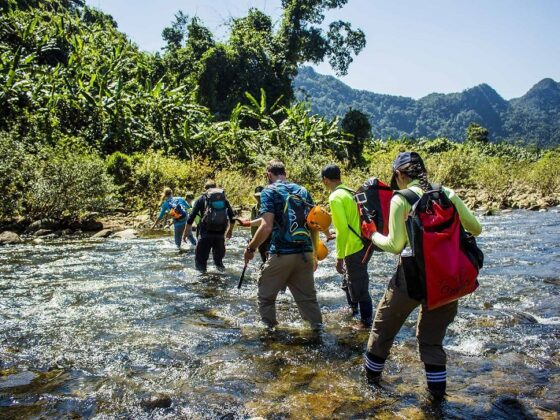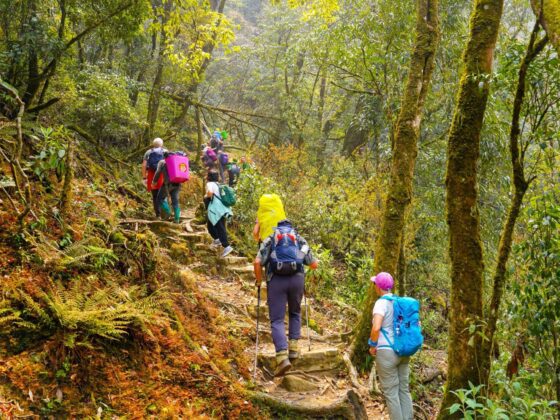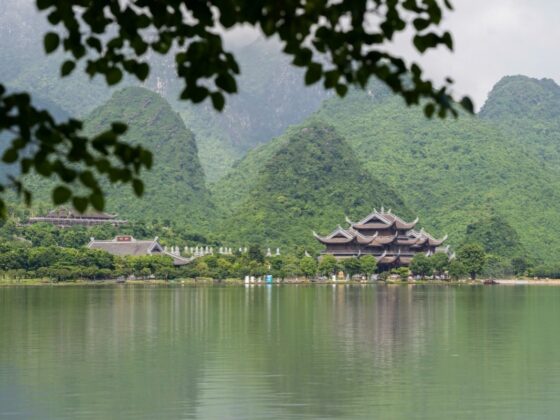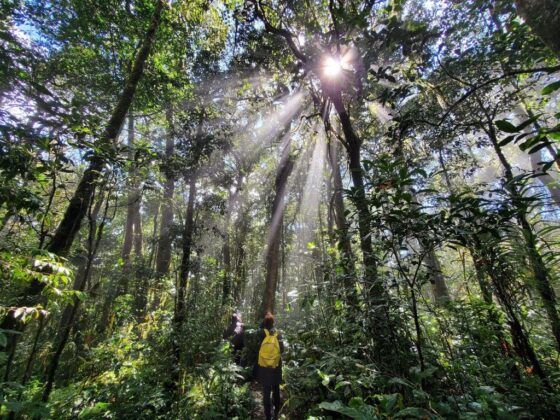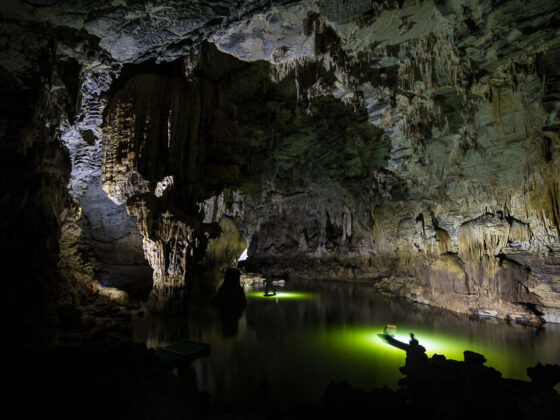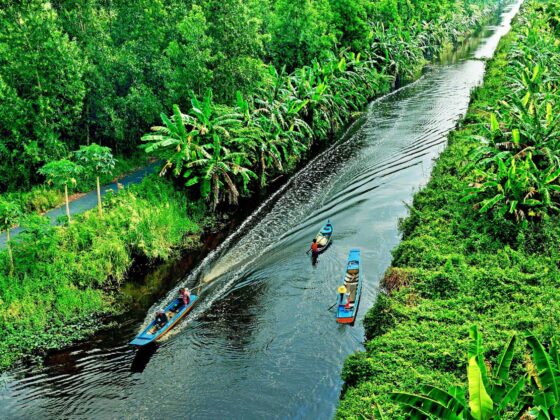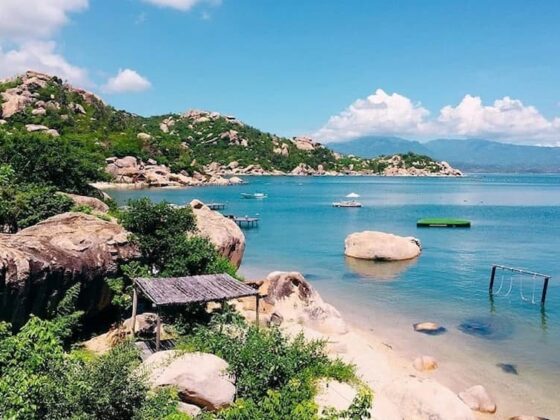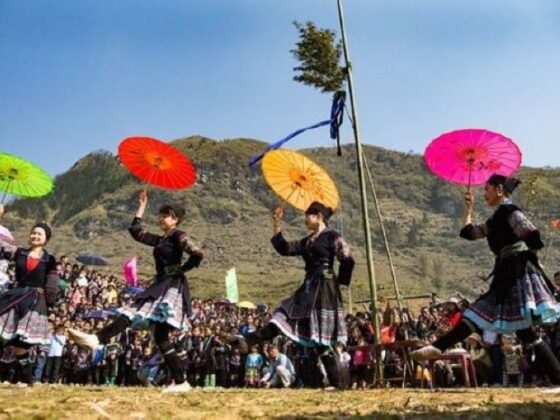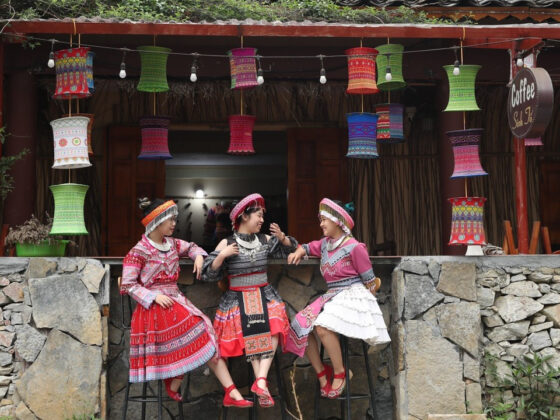Table of Contents Show
✍️ AI is summarizing:
The Vietnam Ecotourism Association (VEA) plays a pivotal role in shaping the future of sustainable travel in the country. With Vietnam’s rich biodiversity and vibrant cultural heritage, the VEA has established guidelines that not only protect the environment but also empower local communities. These guidelines serve as a roadmap for the future of ecotourism in Vietnam, fostering responsible practices that benefit both visitors and the planet.
Read more interesting posts:
- Eco-Friendly Campfire: 10 Ways to Enjoy Campfires Safely
- Vietnam Sustainable Tourism: Balancing Growth and Preservation
- Hanoi Bike Lane: A New Step Toward Sustainable Transportation
How promoting sustainable practices is central to ecotourism in Vietnam
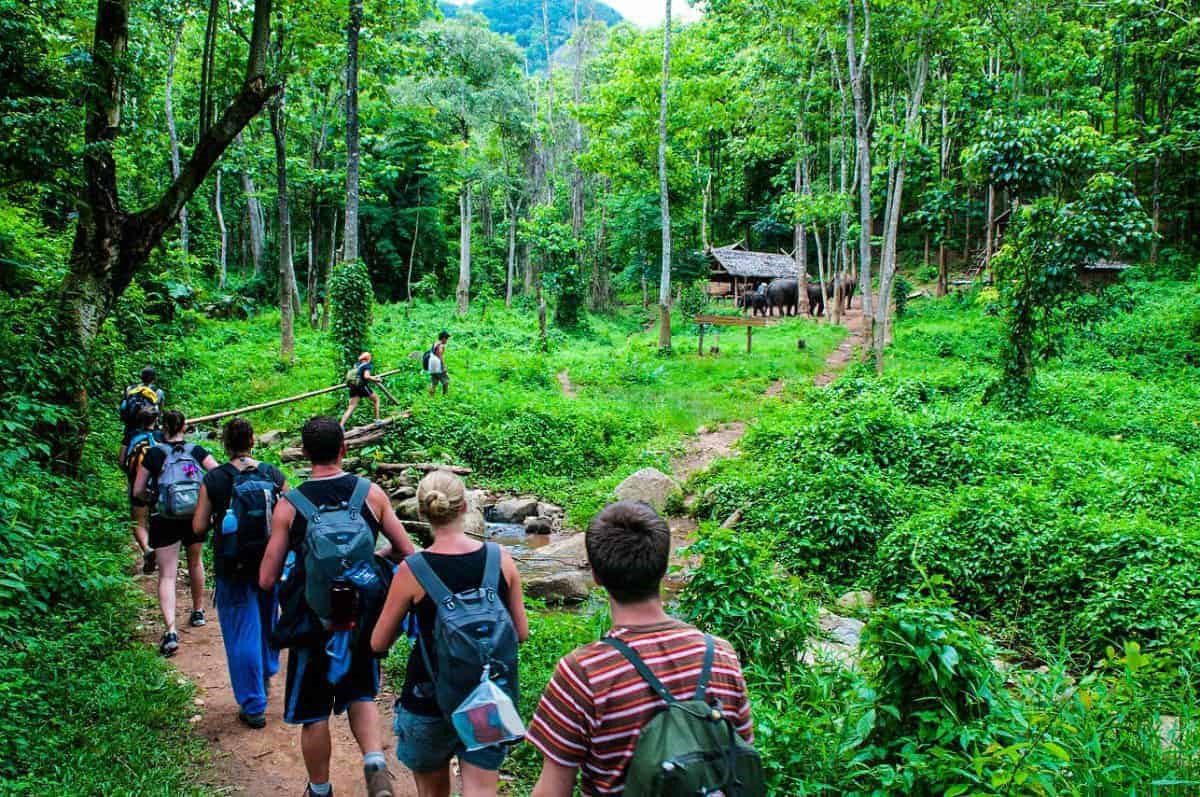
At the heart of the VEA’s guidelines is the commitment to sustainability. The association emphasizes minimizing environmental impacts through responsible operations, a core tenet of ecotourism in Vietnam. This includes effective waste management strategies, conservation of natural resources, and the use of eco-friendly materials. By adopting these practices, tourism operators can significantly reduce their carbon footprint and contribute to the health of Vietnam’s diverse ecosystems.
Why involving local communities is key for ecotourism in Vietnam
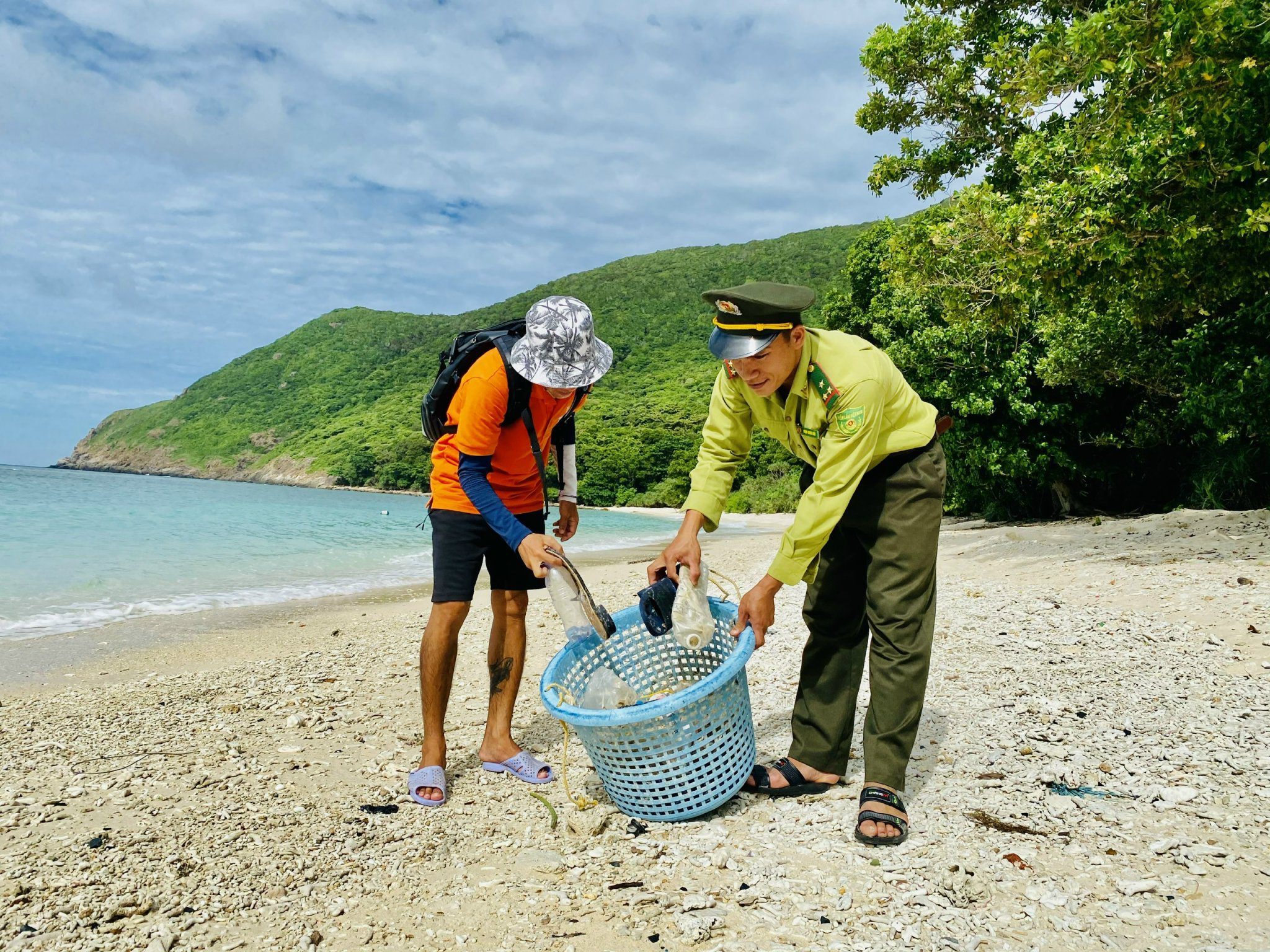
One of the most impactful aspects of the VEA’s guidelines is the emphasis on community involvement. The association believes that local residents should have a voice in tourism development. This means empowering communities to participate in decision-making processes and ensuring they reap the economic benefits of ecotourism in Vietnam. When locals are actively engaged, it fosters a sense of ownership and pride in their cultural and natural resources.
The role of preserving cultural heritage in ecotourism in Vietnam
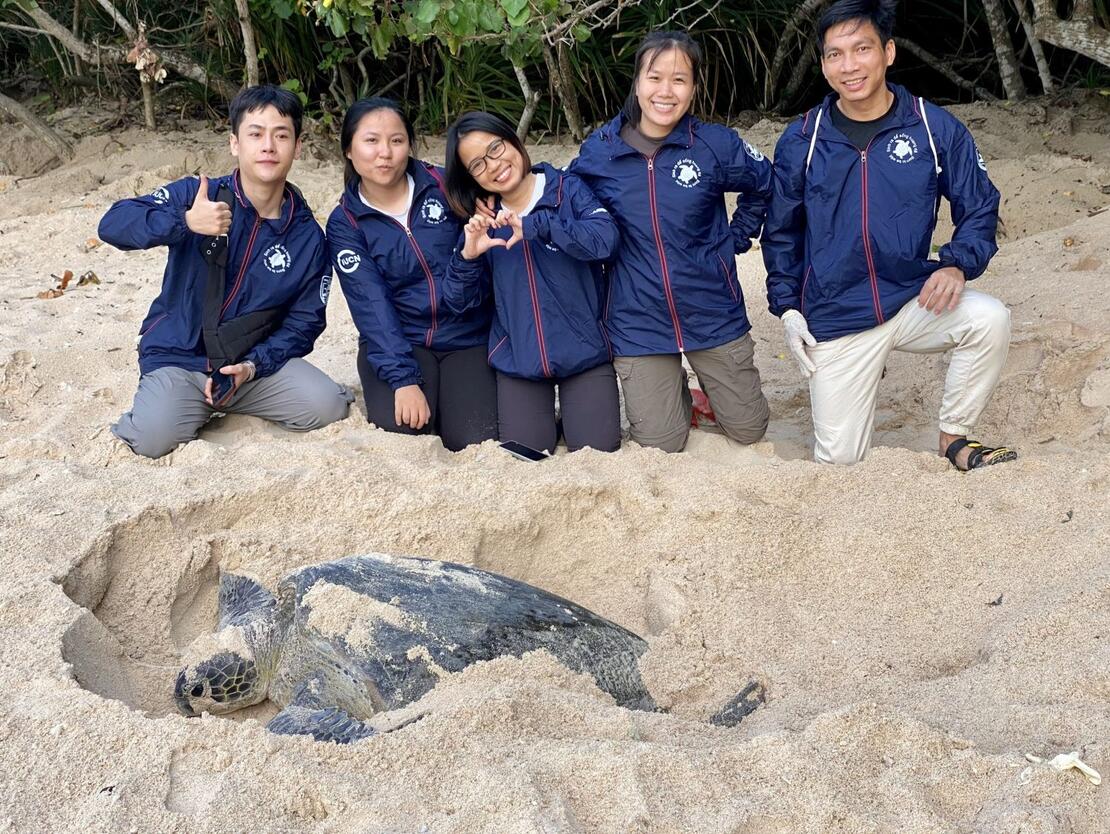
Vietnam is a nation rich in history and cultural diversity. The VEA’s guidelines stress the importance of respecting and preserving local cultures and traditions. This includes protecting cultural heritage sites and encouraging tourists to engage with local customs respectfully. By promoting this cultural exchange, visitors gain a deeper understanding of the culture that underpins ecotourism in Vietnam, while locals feel valued and appreciated.
How ecotourism in Vietnam advocates for wildlife conservation
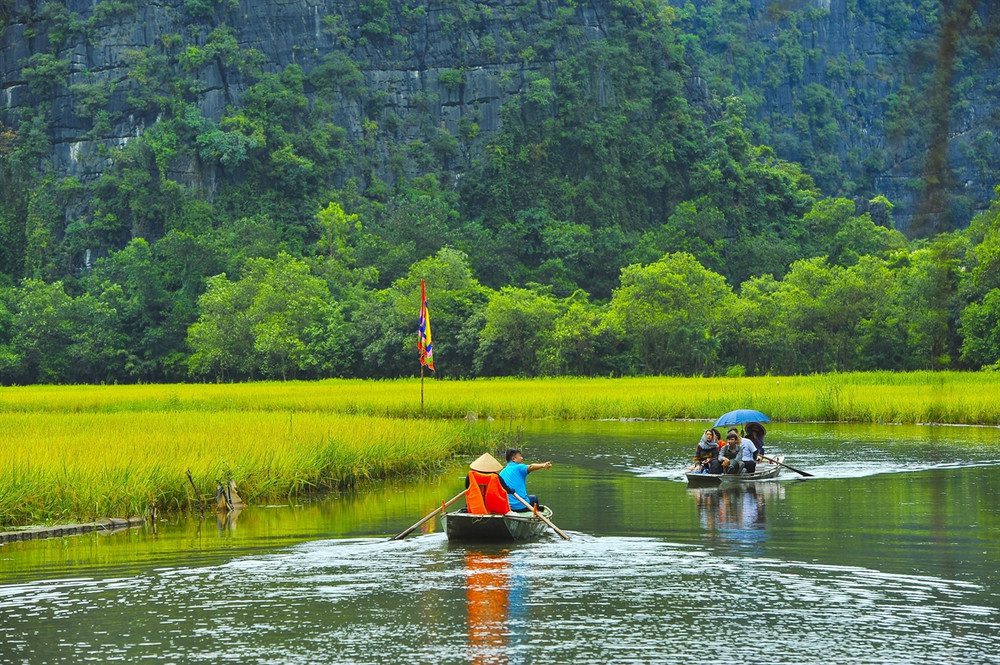
Wildlife is an integral part of Vietnam’s charm, and the VEA is dedicated to protecting its endangered species and habitats. The guidelines advocate for responsible wildlife tourism, urging operators to follow ethical practices that do not disturb natural habitats. This approach not only safeguards wildlife but also educates tourists about the importance of conservation, a critical component of successful ecotourism in Vietnam.
Building a better future through training for ecotourism in Vietnam
To implement these guidelines effectively, the VEA provides training programs for tourism operators and local communities. These programs focus on enhancing skills in sustainable practices, ecological conservation, and hospitality management. By equipping individuals with the necessary knowledge and tools, the VEA ensures that sustainability is deeply rooted in the industry of ecotourism in Vietnam.
Ensuring accountability with monitoring for ecotourism in Vietnam

The VEA recognizes that effective guidelines require ongoing assessment. Therefore, they have established frameworks for monitoring and evaluating the impact of ecotourism initiatives. This process allows operators to measure their effectiveness and make necessary adjustments, ensuring that ecotourism in Vietnam remains sustainable and beneficial for all stakeholders.
Promoting eco-friendly products to support ecotourism in Vietnam
The guidelines also encourage the development and promotion of eco-friendly tourism products and services. From eco-lodges that prioritize sustainability to guided nature tours that highlight local ecosystems, the VEA aims to showcase the beauty of Vietnam while promoting the principles of ecotourism in Vietnam. Organizations like EXO TRAILS are also striving to curate as many sustainable and eco-friendly places as possible, ensuring that travellers have access to environmentally conscious options.
Conclusion
In essence, the VEA’s guidelines provide a vital blueprint for the future of ecotourism in Vietnam. By championing a model that protects pristine environments, empowers local communities, and honors cultural heritage, it sets a standard for responsible travel.
For visitors, this means the opportunity for more meaningful and authentic experiences, knowing their journey contributes positively to the places they explore. As this movement grows, ecotourism in Vietnam is not just a niche, but the very foundation of a sustainable and vibrant travel industry for generations to come.
Ready to explore more of Vietnam’s hidden gems? Join the ExoTrails Facebook Group to connect with fellow travelers and like our ExoTrails Fanpage for daily travel inspiration and tips!
FAQs
What is ecotourism in Vietnam?
Ecotourism in Vietnam is a form of responsible travel focused on visiting natural areas, conserving the environment, benefiting local communities, and providing educational experiences.
How is Vietnam promoting sustainable travel?
Vietnam promotes sustainable travel through official guidelines from bodies like the VEA, supporting community-based tourism projects, and encouraging eco-friendly practices among tour operators.
What are the guidelines for responsible tourism?
Key guidelines include minimizing your environmental impact, respecting local culture and traditions, supporting the local economy by buying local products, and choosing ethical tour operators.
How can I support local communities in Vietnam?
You can support them by staying in locally-owned homestays, hiring local guides, purchasing handmade crafts directly from artisans, and eating at family-run restaurants.
What is community-based tourism?
Community-based tourism is a model where local residents have ownership and control over tourism development in their area, ensuring they directly benefit from the income generated.

